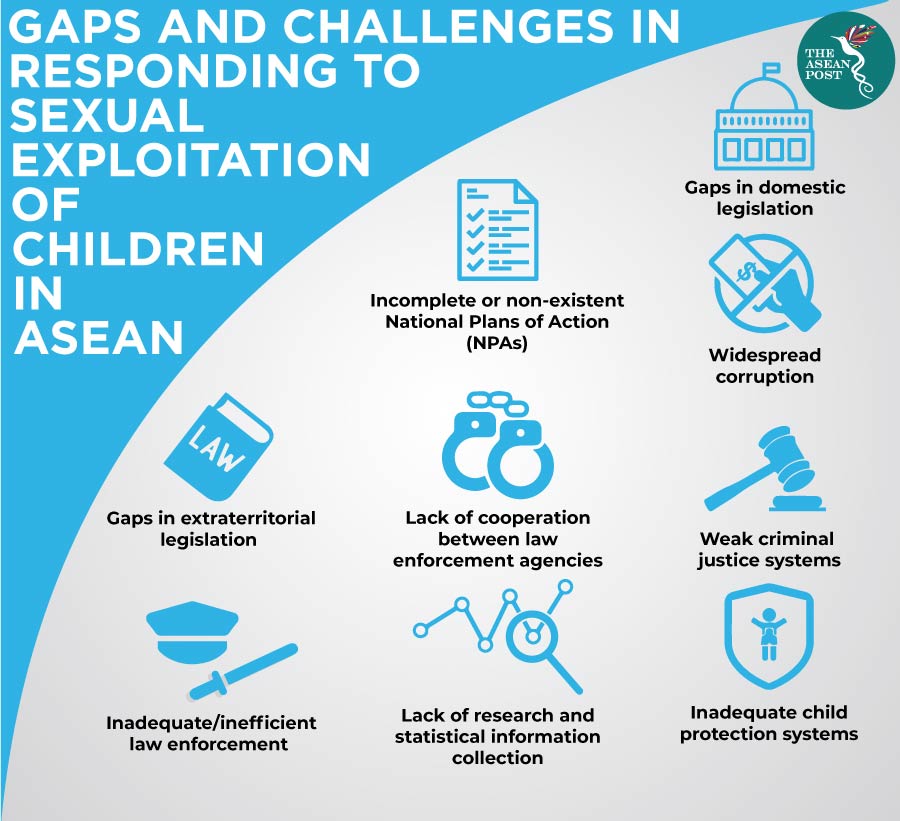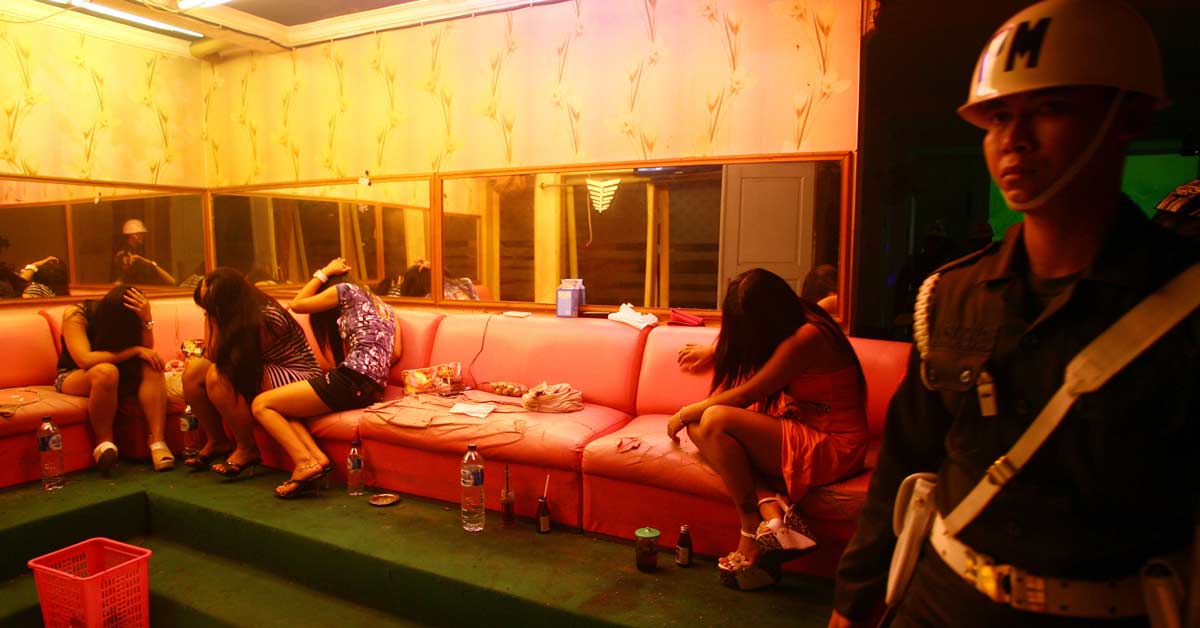Since the early 2000s, child prostitution has become an increasingly difficult issue for Indonesia. This issue particularly affects the party islands of Bali and Batam where tourists exploit the child sex trade. As “sex tourism” rises worldwide, Indonesia has become a major “destination country” for human trafficking. It is estimated that approximately 100,000 children and women are trafficked each year in Indonesia – 30 percent are below the age of 18.
“The Women’s Institute, based in West Java, reports that some 43.5 percent of trafficking victims are as young as 14 years old.” An additional “40,000 to 70,000 children who are not trafficked are victims of other sexual exploitation.” Human rights activists have claimed that “Australian paedophile rings had infiltrated Bali using the pretence of adopting or fostering impoverished children.” To say this is a rampant issue would be a severe understatement.
Boys are more vulnerable to sexual abuse because they are “generally considered to have masculine and strong characteristics that are more dominant than in girls.” Perpetrators assume that they are thus at a lower risk of being caught, this is generally because boys are more likely to stay quiet about what they have experienced.
With technology constantly advancing, so does the aspect of sexual abuse. Traffickers have been creating accounts on a variety of social media platforms in order to sell sex acts from their victims. We saw an example of this in 2016 when a “pimp’s” stronghold was raided at a hotel in Bogor. It was estimated that this particular individual had trafficked nearly 100 children using platforms such as Facebook and Grinder. Unfortunately, this is just one example of the crisis.
There are many reasons why child sex trafficking exists and has increased in recent years. Usually, poverty and lack of economic opportunities can be seen as underlying issues in countries such as Indonesia. And while this is still true in Indonesia’s case, it is also due to the weak implementation of the Child Protection Act, especially at the provincial level, the rise of child sex tourism, and girls being forced into prostitution. Furthermore, families and close friends can also play a role in sex trafficking – forcing children into trafficking to pay off familial debt or being tricked into believing their children will have a better life.

Indonesian women and girls can be trafficked as far as China, Thailand, and Eastern Europe. In West Kalimantan, girls are forced to prostitute themselves in jungle brothels. Indonesia’s low education, rampant poverty, social acceptance of child labour, lack of birth registration, and early marriages have all contributed to the prevalence of child trafficking in the country. Although there are laws against such actions, there is little to no enforcement carried out by the Indonesian government on its legislation to act against widespread sex abuses.
The government of Indonesia developed a National Plan of Action (NPA) on human rights back in the early 2000s. In 2008, the Indonesian government “commenced the second five-year phase of the NPA in the regions of Jakarta, West Java, East Java, North Sumatra, and Lampung.” This plan was implemented to protect child rights as well as to combat trafficking and sexual exploitation. This legislation would continue to promote action against the “worst forms of child labour through direct, targeted interventions”.
But lack of action, lack of legislation, and lack of enforcement have allowed the illegal activity to grow. Often, the government ignores the situation and provides no additional enforcement. They should be blocking pornographic and sex sites and appealing to social media users to report such crimes. There also needs to be “increased efforts to effectively monitor labour recruitment agencies and brokers and investigate, prosecute, and convict traffickers.” The government could also clarify procedures in identifying victims who are vulnerable to trafficking, including much of the labour force in Indonesia.
In addition to the government’s failed actions, the problem also lies within law enforcement. There exists a sore lack of communication between officials who must prosecute and punish perpetrators and the police who often discover the illicit activity. Yet, this issue goes even further, public officials often “wilfully ignore, facilitate, or engage in trafficking crimes.” Due to the lack of anti-trafficking training and knowledge among law enforcement authorities, prosecuting and tracking perpetrators can be extremely difficult. The national police’s numbers for reporting and solving these crimes is disturbingly low compared to estimates of how many of these crimes are actually occurring.
While the Indonesian government and the police force continue to fail at ending child prostitution and sex trafficking, perpetrators continue to profit and grow. The Indonesian government lacks the means of severe punishment and sanctions against such perpetrators. However, sex trafficking and prostitution are not contained within Indonesia – we see an increasing number of Indonesian children being trafficked worldwide. The need for international awareness and pressure placed on the Indonesian government could increase prosecution and awareness of the issue. International aid should be provided to victims and their families who are suffering. This crisis requires the attention, care, and commitment of the international community.
This article was first published on 4 May, 2020.

Related articles:
